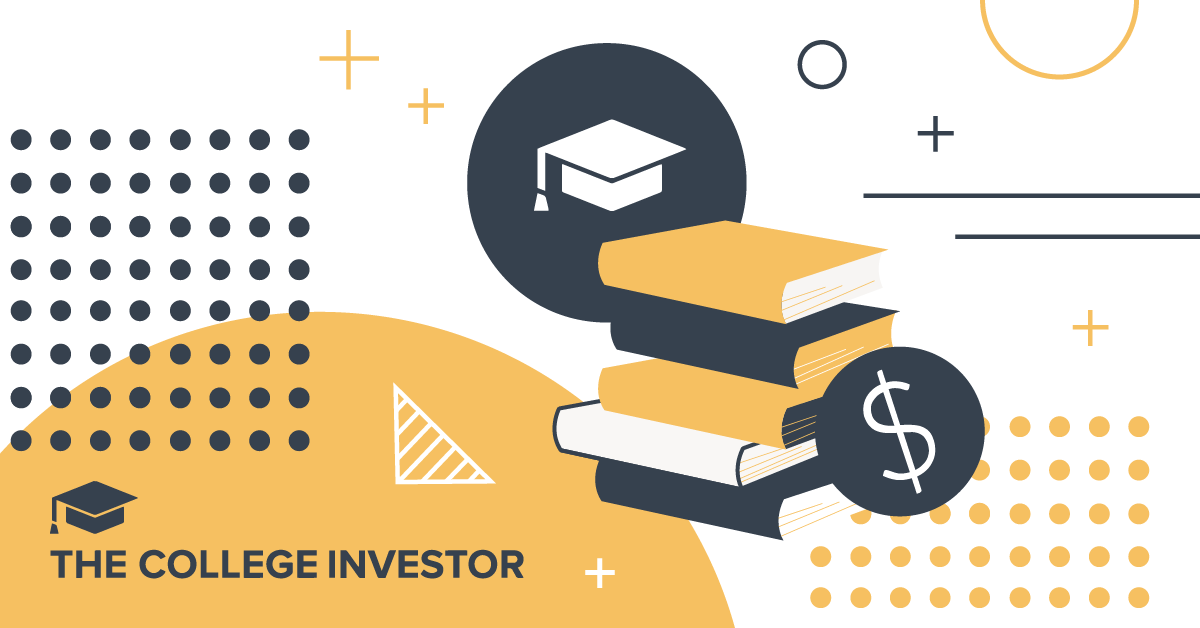Unsecured Loan
Definition
An unsecured loan is a loan that does not require the borrower to provide collateral as a security against the loan amount.
Detailed Explanation
An unsecured loan is particularly common, as these loans are typically granted based on the borrower's creditworthiness rather than the provision of collateral such as property or other assets. Lenders assess the risk associated with lending money based on the borrower's credit history, credit score, income level, and sometimes the academic performance and career prospects of the student.
Interest rates on unsecured loans may be higher than those on secured loans to compensate for the increased risk lenders take on. If a borrower defaults on an unsecured loan, the lender has no collateral to claim and must seek repayment through other legal means, which can involve taking the borrower to court.
This type of loan is especially popular among students because it allows them to borrow money for education without needing substantial assets.
Example
A student is admitted to a graduate program and applies for a private student loan to cover tuition. The student has a good credit score but does not own substantial assets like a home to offer as collateral. The lender approves an unsecured loan based on the student's credit history and potential future earning ability indicated by their field of study.
The student receives the loan under the agreement that repayment will start six months after graduation.
Key Articles Related To Unsecured Loan
Related Terms
Collateral: An asset or property that a borrower offers to a lender as security for a loan.
Credit Risk: To the likelihood that a borrower will default on their loan obligations, affecting the lender's ability to recover the loaned funds.
Default Rate: The percentage of loans or credit facilities that borrowers fail to repay as agreed. It is a measure of the risk associated with lending.
Interest Rate: The percentage of the loan amount that lenders charge as a cost for borrowing.
Frequently Asked Questions
What qualifies someone for an unsecured loan?
Qualification typically depends on the borrower's credit score, credit history, and income, demonstrating their ability to repay the loan without defaulting.
Are unsecured loans riskier than secured loans?
For lenders, yes, because there is no asset to claim if the borrower defaults. For borrowers, this can mean higher interest rates and stricter credit requirements.
Can improving my credit score help me get a better rate on an unsecured loan?
Yes, a higher credit score can improve your chances of getting a lower interest rate, as it reduces the perceived risk to the lender.
What happens if I default on an unsecured loan?
Defaulting on an unsecured loan can lead to legal action from the lender to recover the owed money and will likely negatively impact your credit score and ability to borrow in the future.
Editor: Ashley Barnett
